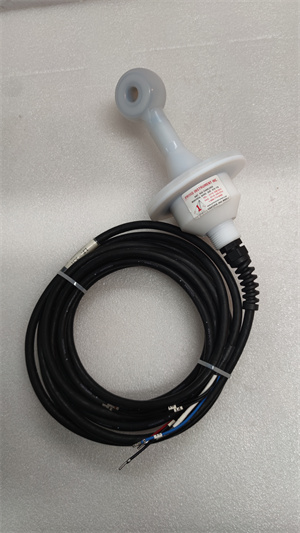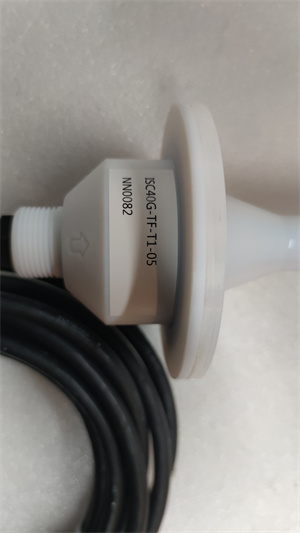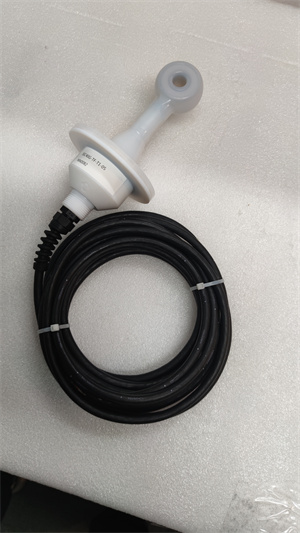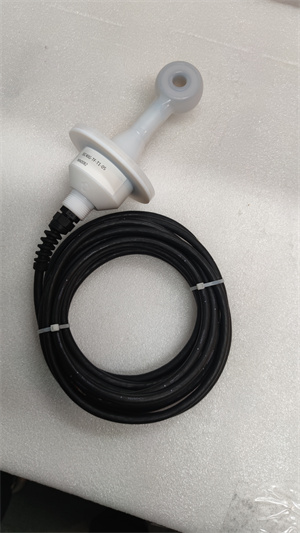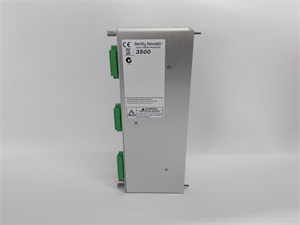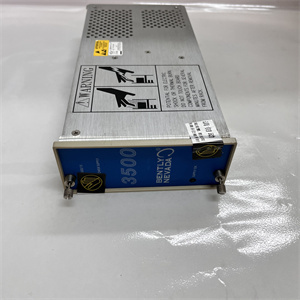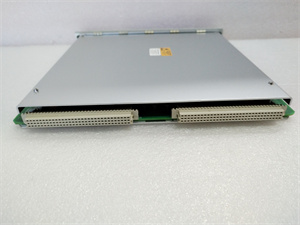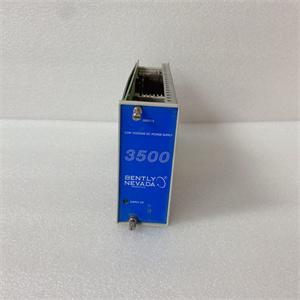Description
1. Product Description
The YOKOGAWA ISC40G-TF-T1-05 is an inductive (toroidal) conductivity sensor designed for harsh industrial environments, offering non-contact measurement to eliminate fouling, polarization, and corrosion issues. Part of Yokogawa’s ISC40 series, the ISC40G-TF-T1-05 features a PFA (Teflon) sensor body (TF suffix) for superior chemical resistance, making it suitable for aggressive media like hydrofluoric acid and oxidizing acids. With a measurement range of 1 µS/cm to 2 S/cm and ±0.5% of reading + 0.5 µS/cm accuracy, it supports real-time monitoring in applications such as brine concentration control, CIP (Clean-in-Place) systems, and slurry processing. The sensor includes a PT1000 temperature sensor (T1) and a 5-meter cable (05), enabling flexible installation in pipelines or tanks. Its rugged stainless steel mounting and bulkhead design ensure durability in high-pressure (up to 5 bar) and high-temperature (-20°C to 130°C) conditions.
2. Technical Parameters
| Parameter | Specification |
|---|---|
| Type | Inductive (toroidal) conductivity sensor |
| Sensor Material | PFA (Teflon) for chemical resistance (TF suffix) |
| Measurement Range | 1 µS/cm to 2 S/cm (6-decade range) |
| Accuracy | ±0.5% of reading + 0.5 µS/cm |
| Temperature Range | -20°C to 130°C (process); -40°C to 150°C (storage) |
| Temperature Sensor | PT1000 (T1 suffix) |
| Cable Length | 5 meters (05 suffix) |
| Pressure Rating | Up to 5 bar (72 psi) |
| Flow Bore Diameter | 22 mm (wide bore for anti-fouling) |
| Mounting | Bulkhead, in-line, or retractable (via optional holders like PR10) |
| Chemical Resistance | Resistant to hydrofluoric acid, nitric acid, sulfuric acid, and oleum (PFA material) |
| Weight | 1.3 kg (sensor); 2.5 kg (with accessories) |
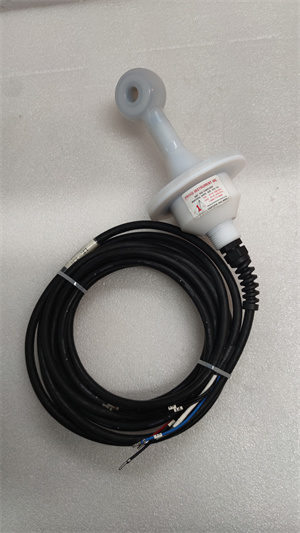
ISC40G-TF-T1-05
3. Advantages and Features
- Non-Contact Design: Eliminates electrode fouling and polarization errors in dirty or corrosive media.
- PFA Material: Superior chemical resistance for aggressive environments (vs. standard PEEK).
- Wide Bore Design: Reduces fouling risk and ensures long-term stability in slurry or high-solid processes.
- Wide Rangeability: Covers 6 decades of conductivity (1 µS/cm to 2 S/cm) for versatile applications.
- Flexible Installation: Supports bulkhead, flange, or retractable (hot-tap) mounting (e.g., PR10 holder for maintenance without process shutdown).
- Integrated Temperature Compensation: PT1000 sensor ensures accurate readings across -20°C to 130°C.
4. Application Areas and Cases
- Industry Applications: Chemical processing, oil and gas, food and beverage, pharmaceuticals, water treatment.
- Use Cases:
- Brine Concentration Control: Monitors NaCl concentration in a food processing plant, achieving ±0.1% accuracy and reducing manual sampling by 80% (2024 case study).
- CIP System Optimization: Measures cleaning solution strength in a pharmaceutical facility, cutting chemical waste by 30% through real-time conductivity feedback.
5. Competitor Comparison
Compared to traditional contact-type sensors:
- No Fouling/Polarization: Non-contact design avoids electrode maintenance (vs. frequent cleaning in contact sensors).
- Wider Chemical Resistance: PFA material handles hydrofluoric acid (vs. PEEK sensors limited to non-fluoride acids).
- Longer Lifespan: 10+ years in corrosive environments (vs. 3–5 years for contact sensors in similar conditions).
ISC40G-TF-T1-05
6. Selection Recommendations
- Material Choice: Use TF (PFA) for fluorinated acids; choose GG (PEEK) for non-aggressive media (e.g., brine).
- Temperature Range: Verify process temperature (e.g., 130°C max for PFA vs. 180°C for PEEK).
- Installation Type: Select holders (e.g., FF/FS/FH) based on pipe size (DN25–DN150) and maintenance needs (retractable PR10 for critical processes).
- Cable Length: Opt for 05 (5m) for standard setups; customize lengths (01–10m) for remote installations.
7. Precautions
- Installation: Ensure proper flow velocity (0.3–3 m/s) to prevent fouling; torque stainless steel fittings to 25–30 N·m.
- Calibration: Use Yokogawa-certified standards (e.g., 1413 µS/cm solution) every 12–24 months.
- Chemical Compatibility: Avoid use in pure water (ultra-low conductivity <1 µS/cm).
- Safety: Disconnect power before servicing; follow IEC 61508 for SIL-rated applications.

